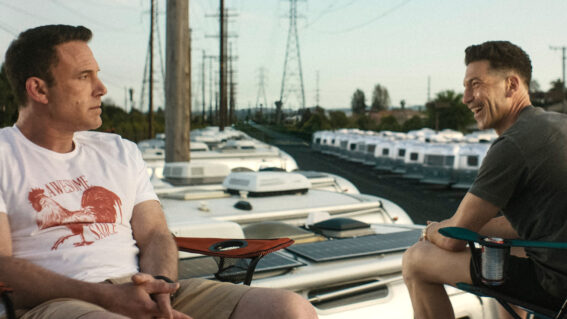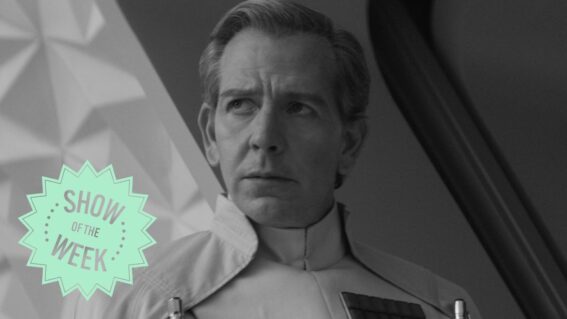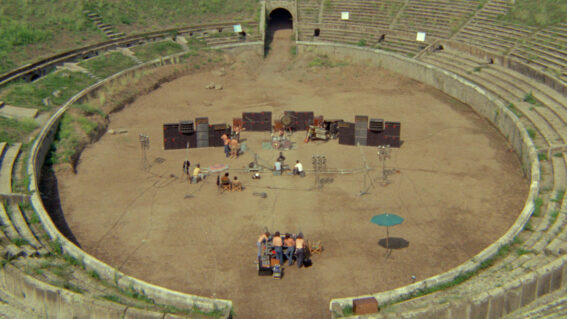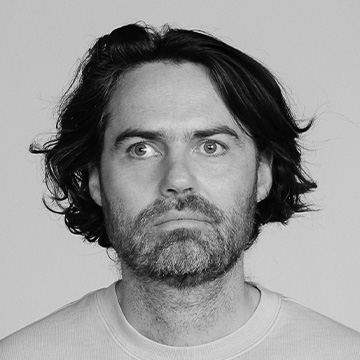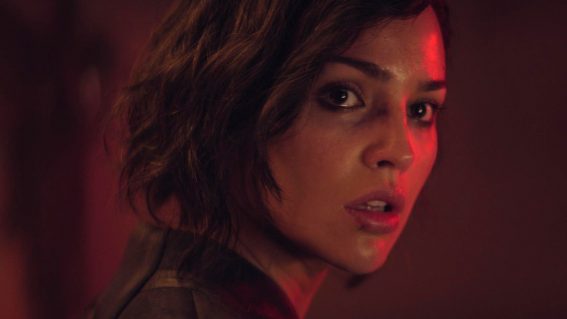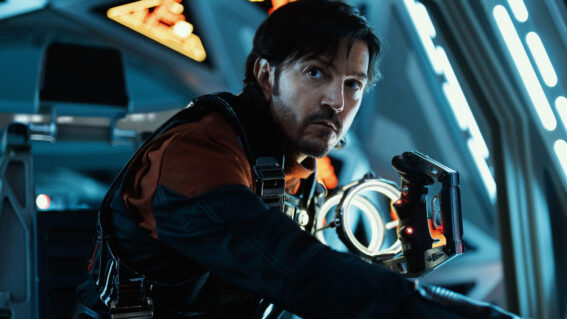In celebration of incisive, trailblazing Aotearoa filmmaker Dame Gaylene Preston


As a memoir from cherished, trailblazing Aotearoa filmmaker Dame Gaylene Preston nears publication, NZ On Screen releases the comprehensive The Gaylene Preston Collection. Amelia Berry details the wealth of historic content available to watch online now.
For over fifty years, Dame Gaylene Preston has focused her career as a filmmaker on telling stories that are quintessential to New Zealand life and history. From surreal feminist thrillers to portraits of our best-loved writers and artists, her films marry an incisive political drive with a deep sense of connectedness to people and place. “I believe that the basic responsibility of New Zealand filmmakers is to make films principally for the New Zealand audience,” Preston has said. “If we don’t, no one else will.”
It’s apt then, that her trailblazing career as a writer, director, and producer should be celebrated in an extensive new NZ On Screen Collection. Timed to coincide with the release of her memoir Gaylene’s Take: Her Life in New Zealand Film, and created alongside an ongoing Ngā Taonga Sound and Vision archival project, The Gaylene Preston Collection collects over forty titles across short film, television, home movies, interviews, and feature films and documentaries.
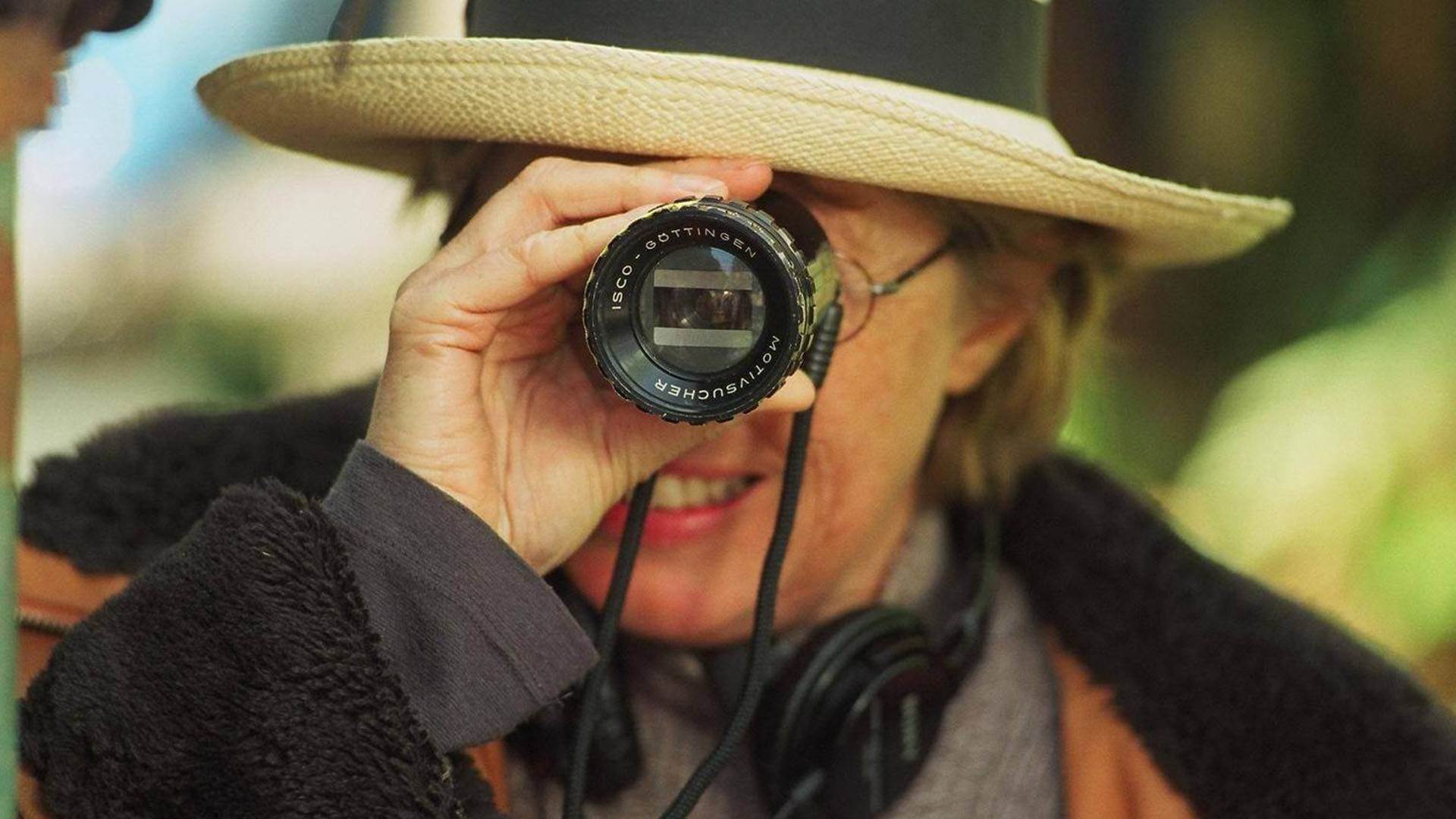
One of the centrepieces of the collection is 2003 psychological thriller Perfect Strangers. Starring Rachel Blake and Sam Neill, it tells the story of a woman who is picked up from a West Coast pub by a handsome stranger, only to find herself kidnapped in an isolated hut. Pretty soon though, Perfect Strangers veers from this traditional thriller fare into far weirder territory as Preston sets to subverting our expectations of romance, horror, and obsession.
“The plot is unquestionably bizarre and aimed at exploiting the audience’s overwhelming need for a ‘happy ending’,” Preston says. “Complex characters in life and in stories behave mysteriously until we get to understand them properly.”
This subversion and complication of romance is also at the heart of Preston’s most recent dramatic feature, 2010’s Home By Christmas. A deeply personal film, this docu-drama was inspired by Preston’s conversations with her father Ed about his experiences in World War II.
Centering on a brilliant performance from Goodbye Pork Pie’s Tony Barry as older Ed, his story is interwoven with that of the woman he left behind in Greymouth, Preston’s mother Tui, played by Preston’s daughter Chelsie Preston Crayford. The way that Tui’s story is so often fascinatingly and heartbreakingly at odds with Ed’s, adds a level of depth, melancholy, and revelatory emotional insight not often available in this kind of film.
Home By Christmas sits very closely alongside another film included in this collection, War Stories Our Mothers Never Told Us. In this intimate and poignant documentary, seven women (including Tui Preston) speak on their personal experiences of World War II. Touching on details of sex and death so often left unspoken, Preston worked closely with interviewer Judith Fyfe and cinematographer Alun Bollinger to create a document of these women’s experiences that feels frank, direct, and personal.
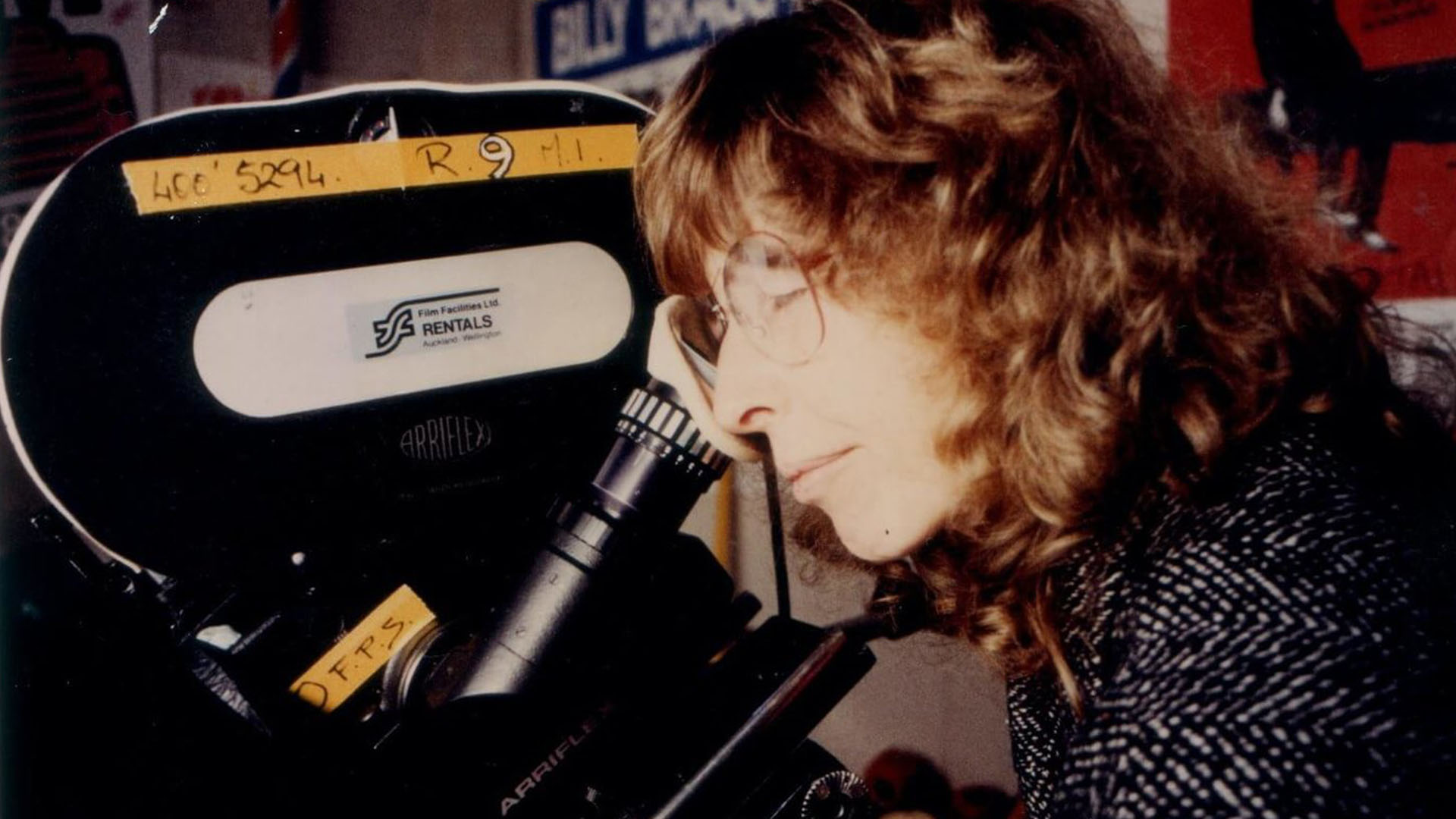
Also included in the collection are Preston’s documentary portraits of some of New Zealand’s greatest artists. While Rita Angus doco Lovely Rita and Keri Hulme picture Kai Pūrākau – The Storyteller are both compelling pictures, something stands out about Hone Tūwhare: No Other Lips.
A television documentary portrait of poet Hone Tūwhare, Hone is another collaboration with Alun Bollinger, initially planned to be shot in a similar intimate style to War Stories. “But with Hone the concept went completely flat,” recalls Bollinger. “He couldn’t get interested; it was just him sitting on a couch with a camera pointing at him. Questions were answered in a perfunctory manner, if at all. We may as well have invited Hone over for a nap.”
Preston and Bollinger solved this by taking the film to the streets, shooting Tūwhare out and about in central Wellington surrounded by curious crowds. The result is a striking and warm forty-five minutes with one of Aotearoa’s cheekiest and most brilliant poets reading his work to school kids and having yarns with the women at the Income Support Office. It’s a testament to Preston’s style that this out–there workaround creates such a compelling and unmistakably Gaylene Preston piece of film.
“Committed to making films through a female lens, Preston has always had her own stories to tell. But what makes her truly special is her gift for throwing everything she can into other New Zealand storytellers and their stories,” says film reviewer and entertainment reporter Kate Rodger in her backgrounder for NZ on Screen’s collection. This is maybe most apparent in Preston’s non-narrative documentary Making Utu.
Going behind the scenes of Geoff Murphy’s classic ‘puha western’, Preston simply lets the filmmakers speak, zeroing in on the motivations, passions, and fears behind Utu without commentary or narration. It’s vital stuff, and hearing Merata Mita and actor Martyn Sanderson address the contemporary understandings of race and colonialism which Utu was in conversation with makes Making Utu a essential companion piece to the film.
Alongside Preston’s earliest work like Making Utu from 1982 and 1978’s All the Way Up There, the collection also showcases some of her most recent film-making, notably 2014’s Hope and Wire. A six-hour television mini-series, Hope and Wire dramatically blends documentary footage and character drama to tell the story of Christchurch following the 2011 earthquake. Like with so much of her work, Hope and Wire uses innovative and unusual cinematic techniques to tell a deeply felt and quintessentially New Zealand story.
Of course, there’s so much more to dig into with The Gaylene Preston Collection, from the unsettling VHS documentary short Nuclear Horror Show Parade to Titless Wonders, a series of moving interviews about breast cancer intercut with an interpretive dance piece by Jan Bolwell.
Common to all of her work though, is a sense that not only do Gaylene Preston’s films represent an important piece of New Zealand cinematic history, but they also chart an often unexplored history of the country itself. A difficult history. A women’s history. As poet and Preston’s personal assistant and archivist Danny Bultitude says, “Gaylene goes where others fear to tread, and then she stomps hard.”

